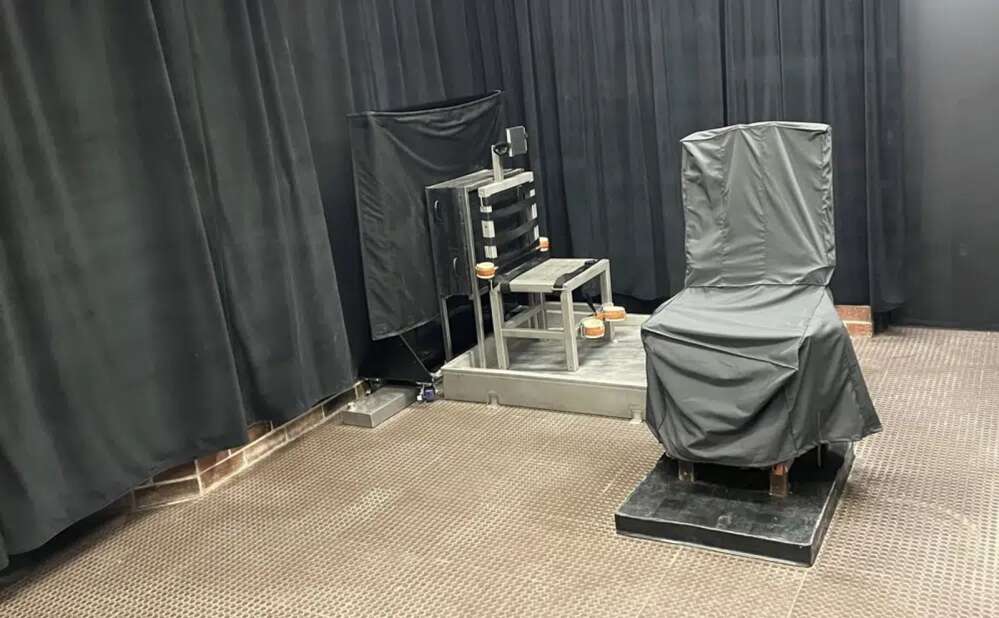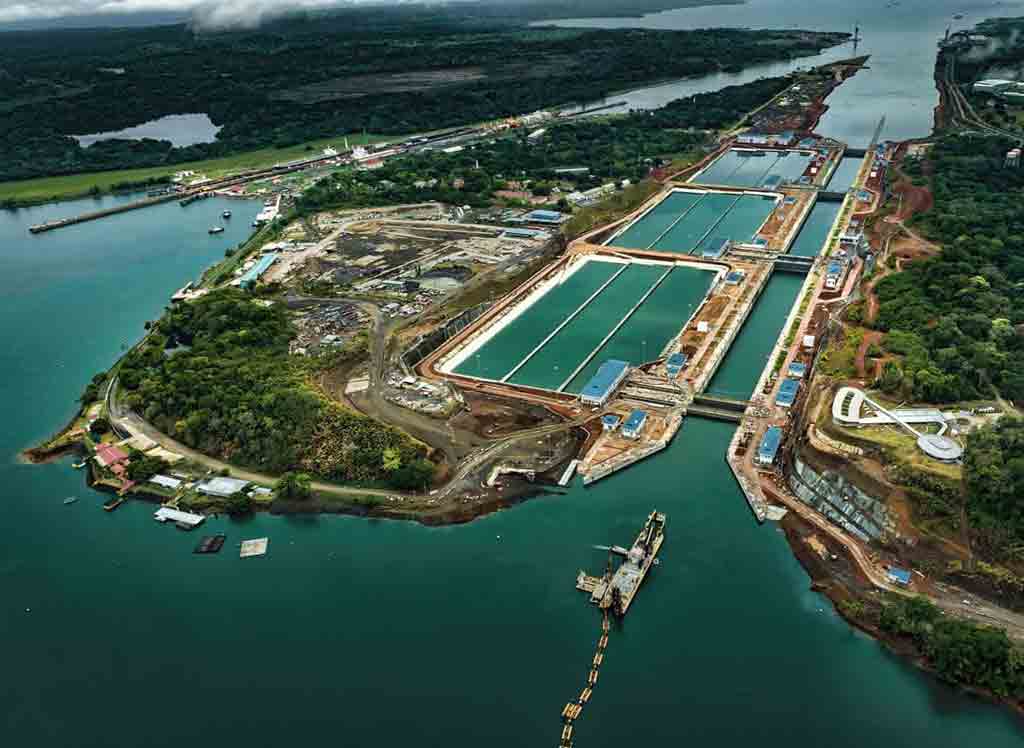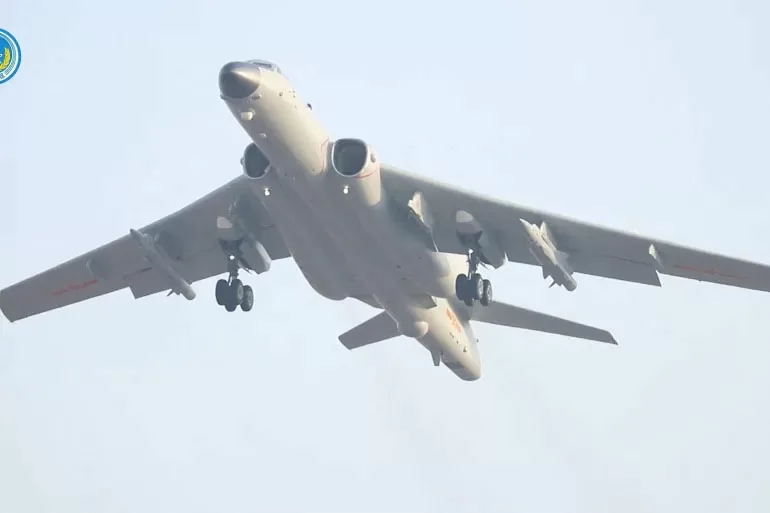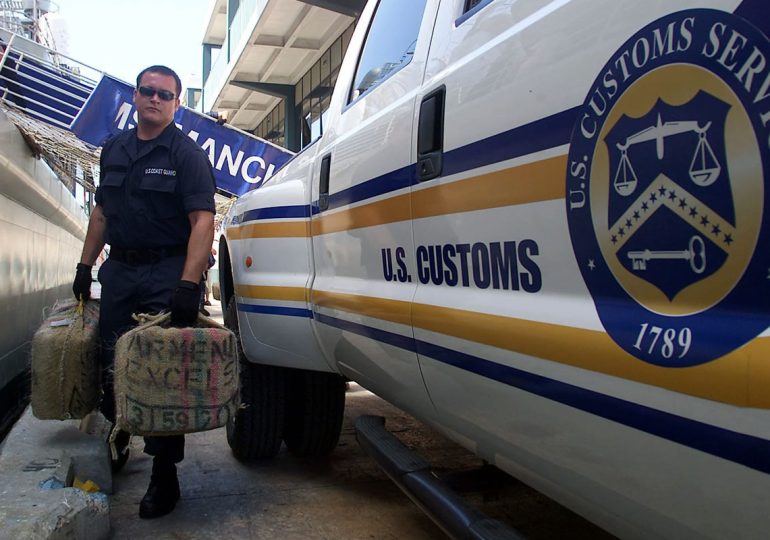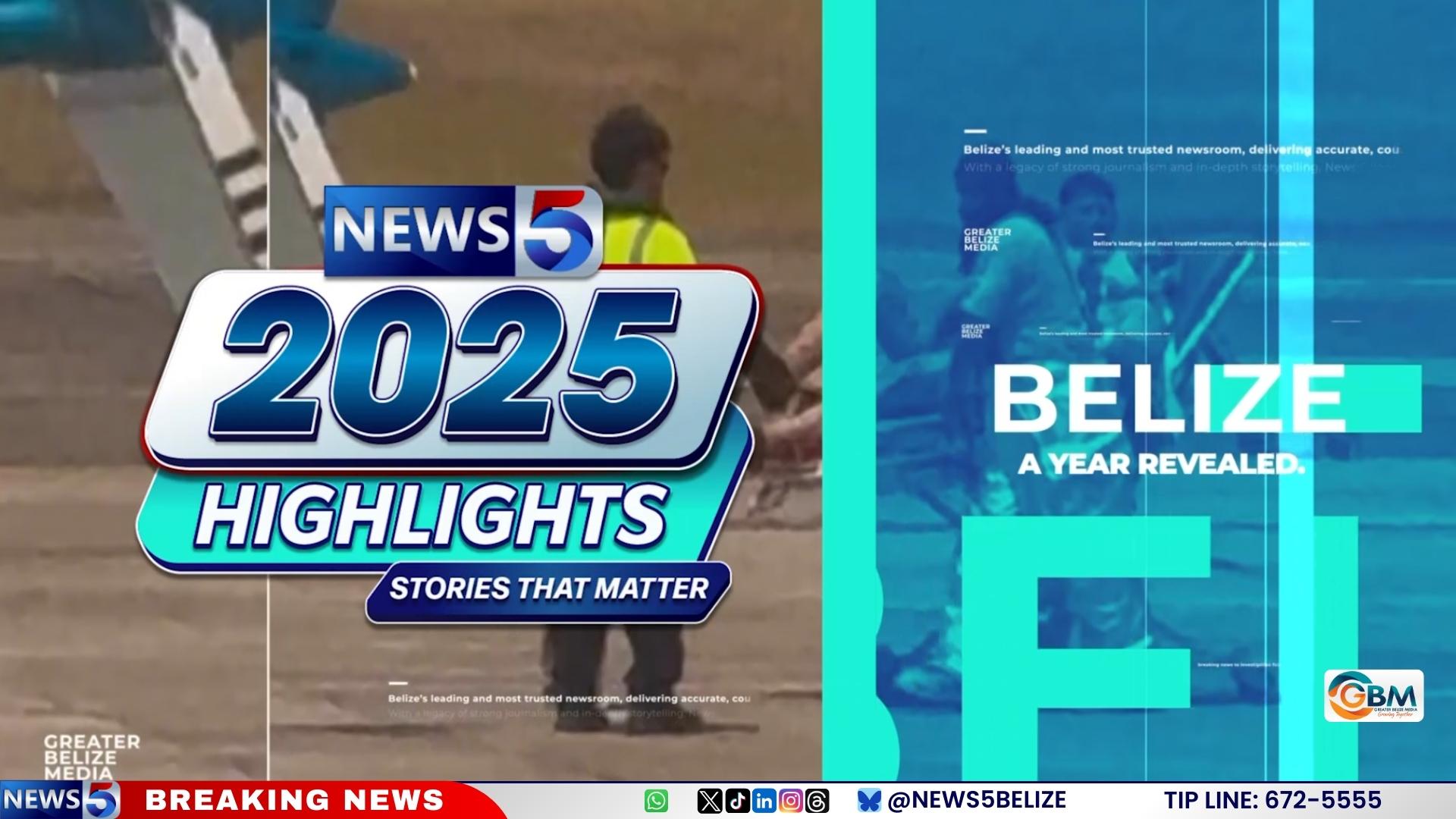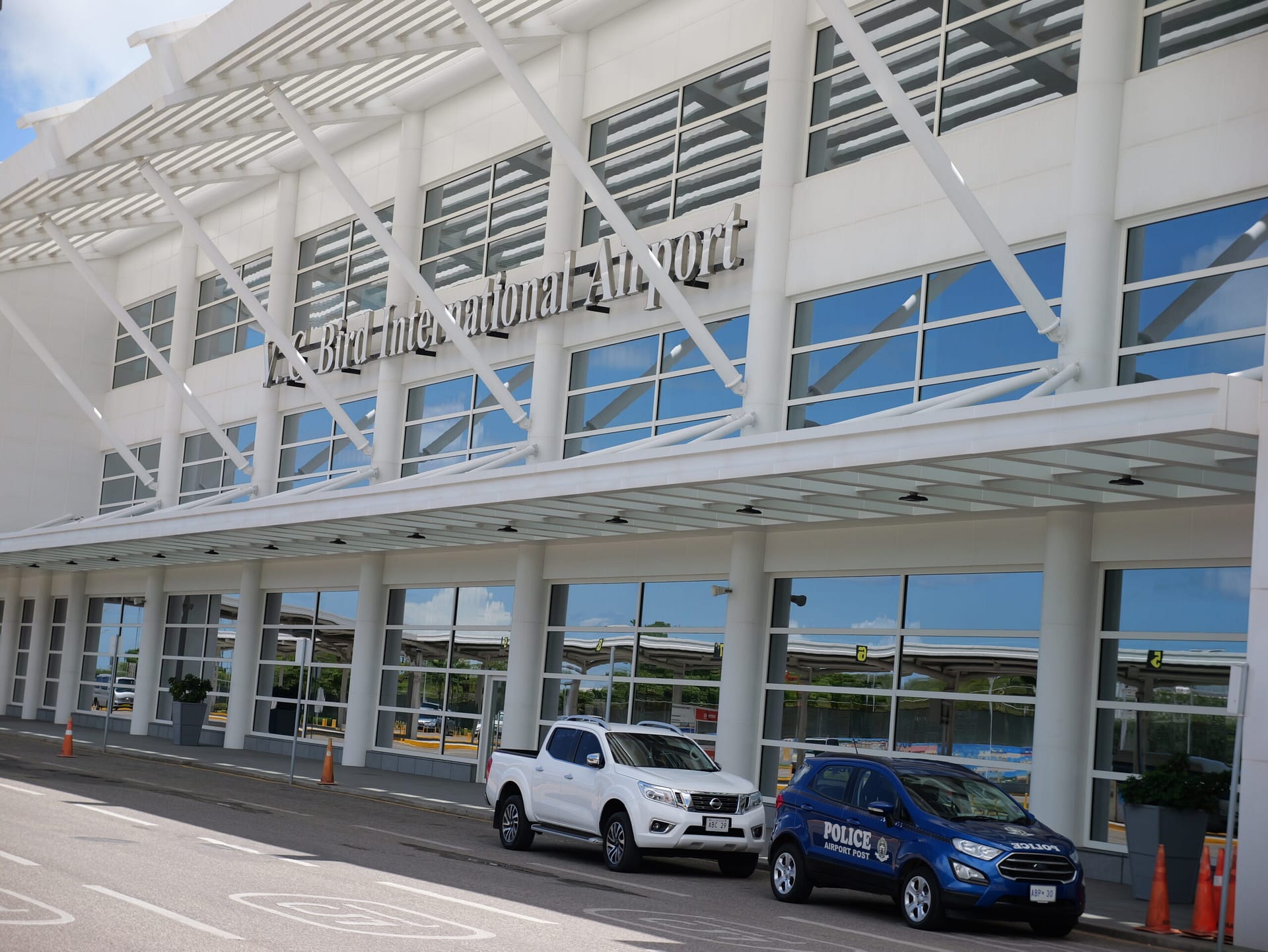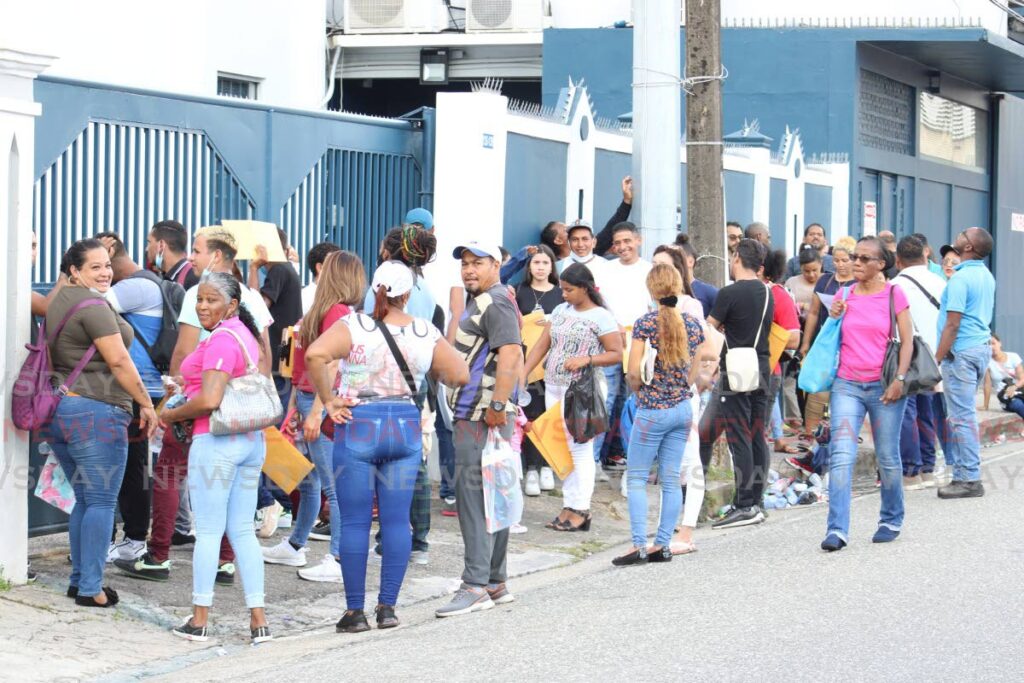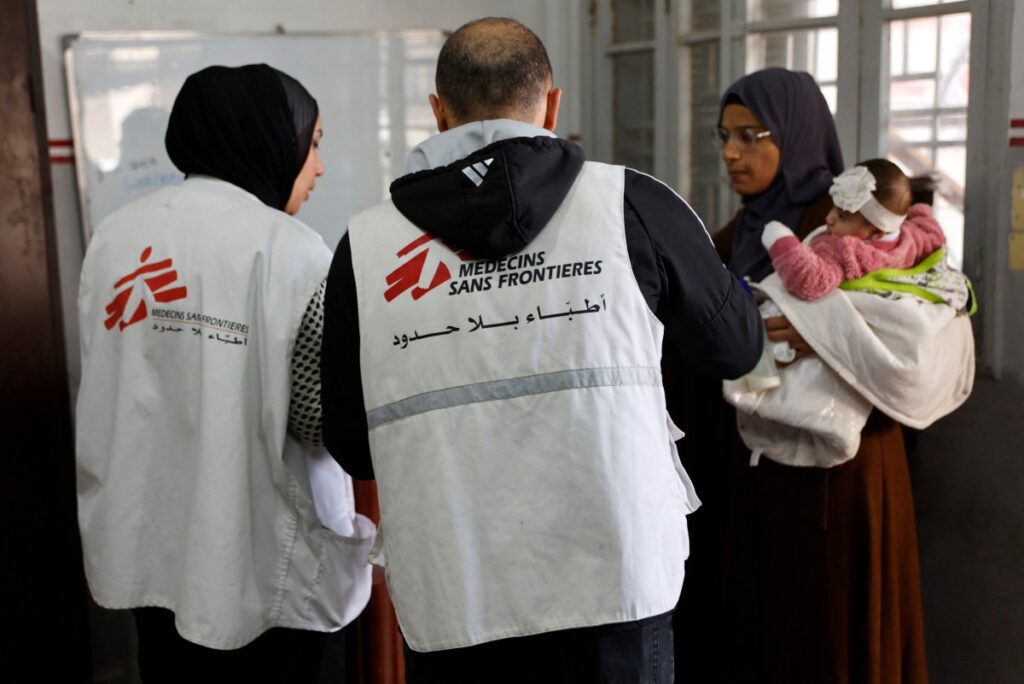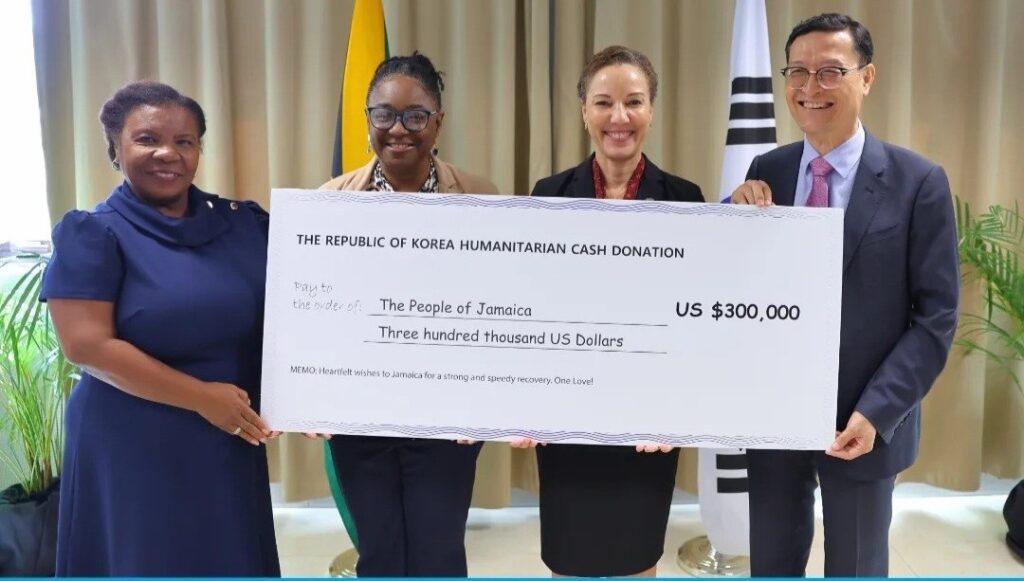The year 2025 emerged as a definitive chapter in Belize’s national narrative, characterized by profound societal challenges and significant milestones. This comprehensive analysis examines the pivotal developments that shaped the Central American nation across twelve transformative months.
January initiated the year with dual tragedies: the haunting double homicide of Adelita and Felix cast a pall over the nation, while political turbulence within the United Democratic Party revealed deepening internal fractures. Concurrently, the inauguration of a new National Health Insurance clinic in Belama signaled healthcare advancements, and the controversial redesign of national banknotes ignited vigorous public discourse concerning cultural representation.
February witnessed civic engagement through Belize National Teachers’ Union demonstrations advocating for improved working conditions. Simultaneously, public safety concerns intensified following the Baptist murder case and the Orellano drowning incident. The People’s United Party convened its convention while disturbing patterns emerged, including fraudulent automotive schemes and security lapses at Royal Kahal properties.
March proved particularly consequential with Prime Minister John Briceño’s inauguration for a second term, ensuring governmental continuity amidst declining consumer confidence and inflationary pressures. The nation mourned the passing of cultural icon Aurelio Martínez while processing former leader Shyne’s political resignation and significant Caribbean Court of Justice rulings.
April introduced multifaceted controversies with the appointment of a new Police Commissioner generating substantial public debate. Health authorities confirmed Belize’s first measles case in thirty-four years, triggering nationwide epidemiological alerts. A gruesome animal cruelty case involving equine dismemberment provoked widespread outrage, accompanied by an unprecedented aircraft hijacking incident and the arrest of a sitting area representative.
May’s judicial landscape shifted dramatically through a High Court verdict affecting opposition party dynamics. The government’s implementation of a State of Emergency aimed at curbing criminal activity sparked civil demonstrations, while environmental concerns emerged regarding Boots Beach Front development projects. Media evolution continued with the establishment of a new journalistic enterprise.
June delivered inspirational narratives through a burn survivor’s remarkable achievement of a medical degree, contrasting with serious allegations against public figures for sexual assault. Agricultural sectors faced mounting concerns regarding Fusarium pathogen outbreaks, while coastal communities intensified efforts against sargassum seaweed invasions.
July juxtaposed horrific criminal incidents including the murders of Evadnie and Luke against groundbreaking archaeological discoveries at Caracol. Belize celebrated the historic appointment of its first female military commander amid constitutional debates surrounding proposed amendments. Implementation of national identification systems and rodent infestations occupied administrative attention.
August’s security landscape deteriorated with the Meighan homicide case, multiple drowning incidents, and a violent residential invasion. Environmental anomalies included unprecedented devil fish sightings and livestock management challenges, while technological discussions centered on artificial intelligence relationships. Public health authorities confirmed rare human screwworm cases alongside the shocking Budna kidnapping.
September emphasized judicial processes with detailed investigations into infant mortality cases and the extradition of Ellis Meighan. Infrastructure development debates focused on the Tren Maya project alongside taxation reforms and traditional Carnival celebrations demonstrating cultural resilience.
October unveiled disturbing criminal revelations including the assassination of Big Tom, drum-contained human remains, and the devastating San Lázaro inferno. Policy developments featured Caye Caulker’s cannabis regulation framework and governmental intentions to acquire Fortis energy assets. The Hangar area privatization dispute ignited fervent public access debates.
November prompted national introspection through cabinet reorganizations and high-profile resignations questioning political stability. Belize City endured its most prolonged electrical outage in recent history, while targeted shootings near the Free Zone renewed firearms concerns. International territorial deliberations involving Belize, Guatemala, and Honduras reached judicial forums, contrasted by Phillip Wright’s historic installation as the first Belizean Archbishop of the West Indies.
This annual retrospective demonstrates Belize’s enduring resilience through complex challenges, reflecting a society continuously negotiating its identity between tradition and transformation. The accumulated experiences of 2025 establish critical foundations for the nation’s ongoing development as it progresses toward 2026.
